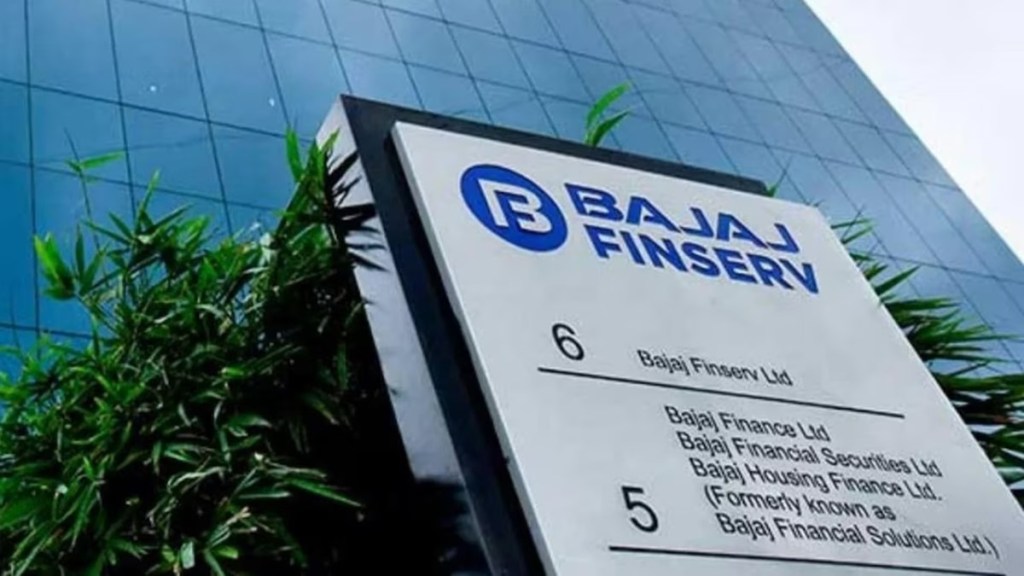The Reserve Bank of India (RBI) on Wednesday barred Bajaj Finance to stop sanction and disbursals of its two products—‘eCOM’ and ‘Insta EMI Card’–with immediate effect due to non-compliance with the regulator’s digital lending guidelines, according to a statement.
RBI said the non-banking finance company (NBFC) failed to issue ‘Key Fact Statements’ to the borrowers under these two lending products, and also found deficiencies in the Key Fact Statements already issued by Bajaj Finance in other digital loans that were sanctioned by the NBFC.
Bajaj Finance’s mobile application had 16.74 million downloads during Q2FY24, up 33% YoY, whereas it offered 134 different programs or features on the app, higher than 87 in the similar period last fiscal. It acquired 678,000 EMI Card digitally during Q2FY24 taking the outstanding digital EMI card in force to 4.2 million. The NBFC’s assets under management (AUM) rose 33% year-on-year (YoY) to Rs 2.90 trillion as of September 30. It booked 8.53 million new loans in Q2FY24 as against 6.76 million in Q2FY23.
Bajaj Finserv Insta EMI Card has over 40 million registered users, is applicable on 1 million plus products, offers over 1,000 EMI schemes and has features such as no-cost EMIs and End-to-End digital service, according to company website. The card offers a pre-approved credit limit of up to Rs 200,000 that customers can use at 150,000 stores across more than 4,000 cities. The card offers repayment tenure of up to 24 months from date of purchase.
eCOM or e-commerce loans, meanwhile, offers online sellers to get ‘flexi loan’ facility which the NBFC claims offers up to 45% discount in EMIs. These loans are unsecured, and the seller does not have to provide collateral for loan. The NBFC gives an approval within 48 hours for such business loans of up to Rs 55 lakh, subject to terms and conditions.
According to the recommendations of the RBI’s working group committee on digital guidelines in August 2022, lending institutions must provide a detailed Key Fact Statement to the borrower before executing the loan contract. All-inclusive cost of digital loans in the form of Annual Percentage Rate (APR) is required to be disclosed to the borrowers and the APR shall also form part of fact statement, the group recommended.
The APR shall be based on an all-inclusive cost and margin including cost of funds, credit cost and operating cost, processing fee, verification charges, maintenance charges, the committee said, except contingent charges like penal charges, and late payment charges. The APR must be disclosed to the borrower upfront as part of the Key Fact Statement (KFS), it said.
